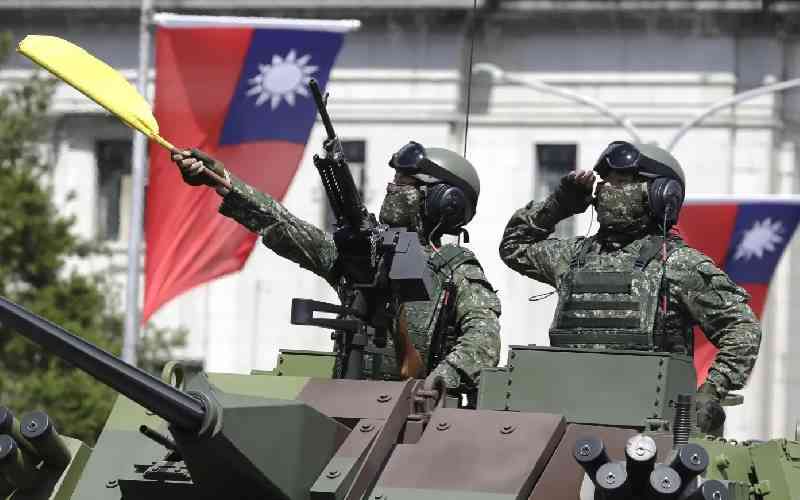×
The Standard e-Paper
Smart Minds Choose Us

Kenyan President William Ruto embarked on his first visit to China since taking office, a notable departure from his initial alignment with Western nations.
He is attending the 10th-anniversary conference of the Belt and Road Initiative and will engage in crucial talks with his Chinese counterpart President Xi Jinping.